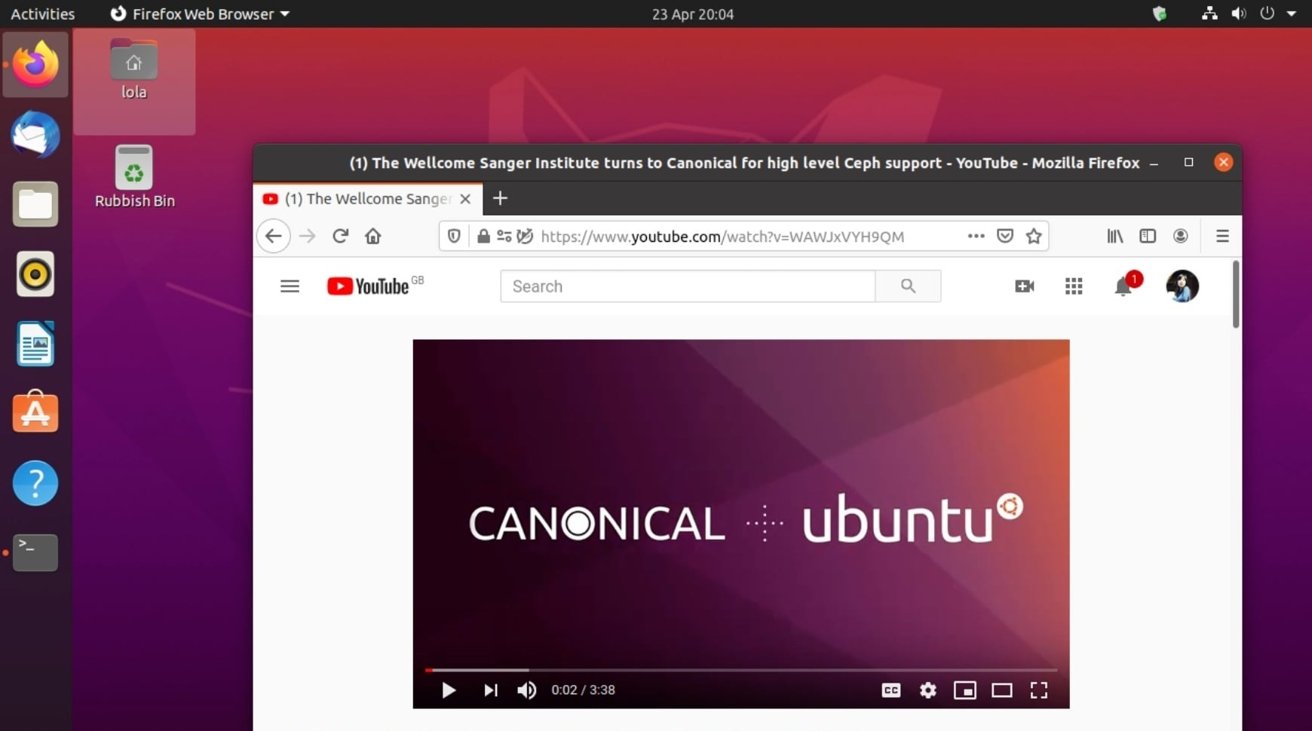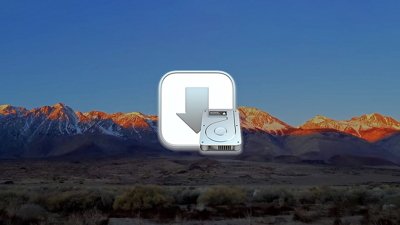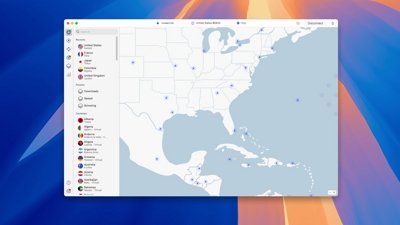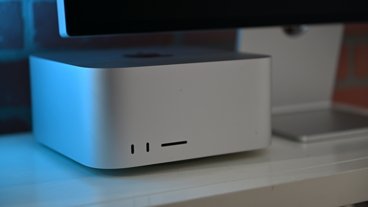The newest update of the Linux kernel, version 5.13, has been released with support for the Apple Silicon system-on-chip, the M1.
Previously available in May as a release candidate for public testing, the final version of Linux 5.13 has been released. Announced by Linus Torvolds on Monday, the newest version is said to be one of the bigger releases in the version 5 range, with over 16 thousand commits made by over 2 thousand developers.
For Mac users, the key addition to the kernel is support for a number of ARM-based chips, which crucially includes the M1. The new kernel is therefore able to be run natively on Apple Silicon hardware, including the M1 Mac mini and the 24-inch iMac.
While the ability to use M1 is included, Phoronix reports there's still more work to be done, including adding support for accelerated graphics. Other changes include a variety of updated drivers, architecture and file system improvements, and changes to process handling and tooling.
Linux 5.13 is not the first version of the operating system that works with the M1. In January, security researchers at Corellium ported a version of Ubuntu to the chip, a process that required many workarounds to get going, in part due to Apple's lack of documentation on how the chip functioned.
Keep up with everything Apple in the weekly AppleInsider Podcast — and get a fast news update from AppleInsider Daily. Just say, "Hey, Siri," to your HomePod mini and ask for these podcasts, and our latest HomeKit Insider episode too. If you want an ad-free main AppleInsider Podcast experience, you can support the AppleInsider podcast by subscribing for $5 per month through Apple's Podcasts app, or via Patreon if you prefer any other podcast player.
 Malcolm Owen
Malcolm Owen




-m.jpg)



 Chip Loder
Chip Loder
 Oliver Haslam
Oliver Haslam

 William Gallagher
William Gallagher
 Amber Neely
Amber Neely

 Andrew Orr
Andrew Orr








20 Comments
One down, one more to go and that is Windows. I hope Microsoft gets its head out of its backside and allow Windows ARM to be purchased for general consumers. I can't understand why Microsoft would not want to. It's another unit sale for that company regardless of who buys it right?
Companies like Intel and Dell might be lobbying with (or paying) Microsoft to not release it, because it will only damage their sales when they can't build equally fast systems.